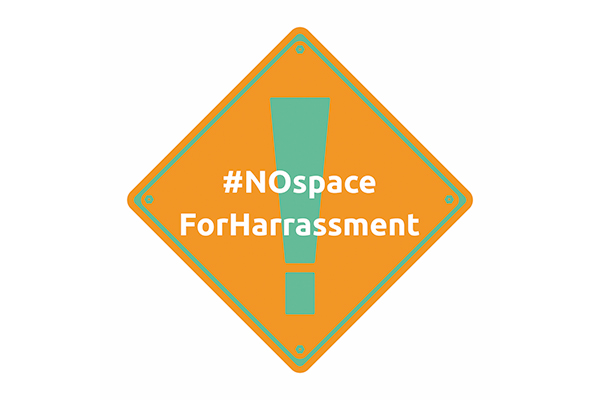Covid 19 is a Hindrance to Economic Structural Transformation and Socially Guided Regional Trade.
It is difficult to know the full impact of the COVID-19 pandemic while it is still unfolding. The virus is a mystery and is still spreading despite concerted efforts to contain it. What is clear though is that things may never be the same, and we should come to terms with that. In this article, we take a look at two major areas of structural transformation that are at serious risk while also looking at potential opportunities in these areas, namely the African Continental Free Trade Agreement (ACFTA) and Informal Cross Border Trading (ICBT).
Dealing with this episode with eyes set on opportunities is essential for Africa. If we view the pandemic as a reset button that will allow Africans to rebuild in a way that tackles more issues than the old paradigm allowed, we may see the philosophical and empirical opportunities on offer. As more countries lock down their economies and apply movement controls, almost all forms of supply chains are disrupted. This creates opportunities to build regional supply chains and partner retailers with smaller and informal traders helping the latter into the continental market as mainstream contributors.
We should also note the importance of social policy in the face of such dramatic change. Social policy must respond to the changing landscapes of production, distribution, protection of citizens and address questions of legitimacy while accumulation is occurring in the backdrop of these activities. Without relevant and just social policy, we will fail to protect our accumulation model from new challenges. Click here to read full paper.
(The views and opinions expressed in this blog are those of the authors and do not necessarily reflect the organization, FES South Africa.)
Friedrich-Ebert-Stiftung
South Africa Office
34 Bompas Road
Dunkeld West
Johannesburg



